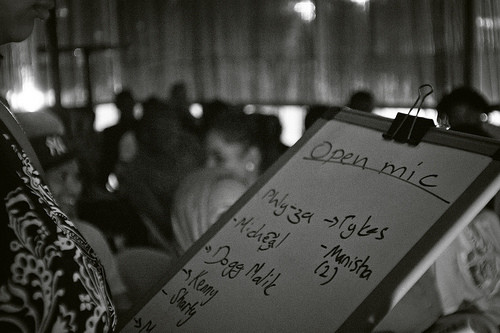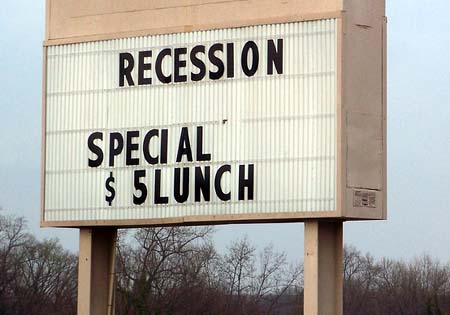 You’ve chosen an uncertain path.
You’ve chosen an uncertain path.
You’ve adopted an inconvenient lifestyle.
You’ve embarked upon an unconventional journey.
You’ve felt the voice inside you growing more urgent.
You’ve committed yourself enough so you can’t turn back.
IN SHORT: You’ve decided to play for keeps.
This is the critical crossroads – the emotional turning
point – in the life of every young artist.
And I’ve been there
myself.
From my latest book, Writing is the Basis of All Wealth, here’s a list of suggestions to help you along the
way:
1. Miles
Davis didn’t make many hit records. He
sold the experience of seeing him in person, and he changed music forever. But
that was decades ago. Now everything is different. “Today almost everything we
encounter has been recorded and played back,” writes Rian Hughes in Culture, “and very little of what we
experience is actually live. Yet live is how life happens, and live was the
only way, before technology permitted reproduction, life happened.” The
challenge is figure out how your art creates a breathing the same air experience
for your fans. From live events to streaming online, making hit records isn’t
as important as it used to be. When was
the last time you made art in public?
2. Life was
here first. The artistic landscape is littered with the corpses of people
whose life was solely about executing their will. People who selfishly ignored
their families, neglected their health and abandon their communities, in the
name of art. And while their body of work was impressive, their body in a
coffin, wasn’t. In a recent podcast interview, Ben Stiller explained, “Life
doesn’t happen on its own when you just go and work all the time.” It’s a
helpful reminder that whatever balance you strike, staying devoted to the
project of building a life is just as important as the art you make from it. We
have to create a life anchored by regular experiences of meaningfulness outside
of our work. Are you living a life worth
rendering?
3. Be open to criticism, but not defeated by
it. To not be critical of your own work is to not be human. It’s part of
the job description. At the same time, you don’t want to criticize the work to
the point that you scare yourself out of creating it. Please don’t interrupt me while I’m beating the shit out of myself,
as some artists are prone to say. Fortunately, if you can confront yourself
without condemning yourself, if you can meet yourself without turning away, and
if you can take stock without making a judgment, your art will get better without
getting under your skin. It all depends on how willing you are to face your own
work with a critical eye. What pieces are
you afraid to go back and look at?
4. You can’t
be an inactivist. Art is something you have to do every day, otherwise you
get too far from it and forget what it’s about. That’s one of the reasons you
make things – to find out why you made them. Leonard Cohen once told American Songwriter, “You have to redeem
the day so it does not go down in debt.” As an artist, whatever bargain you
make with yourself, be sure it’s enough to meet your daily quota of usefulness.
That will validate your existence. That will keep you on top of your game. And
even if you don’t score big today, there will always be tomorrow. What did you create yesterday?
5. Your
entire career is an act of entrepreneurship. And as such, part of your job
is to search beyond your current professional boundaries. To risk rejection by
exploring new artistic worlds instead of courting acceptance by following
already explored paths. Julia Cameron teaches her writing students to recite
the following affirmation, “I am not going to limit myself just because people
won’t accept the fact that I can do something else.” If that means trying a new
genre, so be it. If that means working for a new audience so be it. And if that
means moving across the country to a city where you don’t know anybody, so be
it. Art without risk, isn’t. When was the
last time you did something for the first time?
6. Start
with design in mind. Design isn’t a veneer we apply after the hard work is
done – design is the hard work. It starts on day one and it’s part of
everything. In the words of the great Alan Fletcher, “Design is to conscious
effort to impose meaningful and beautiful order, surround the spirit with flesh
and make the pragmatic poetic. It’s the intelligent equation between purpose
and construction.” No matter what medium you use, we’re all designers. And the
same way that you build remarkability into your ideas before they go public,
you also build design into your ideas before they get finished.Choose to champion the beautiful. Invest
as much energy as possible in making your art a beautiful organism. Are you making something you would put in
your coffin?
REMEMBER: When you’re ready to play for keeps, your work will never be the same.
Make the decision today.
Show the world that your art isn’t just another expensive hobby.
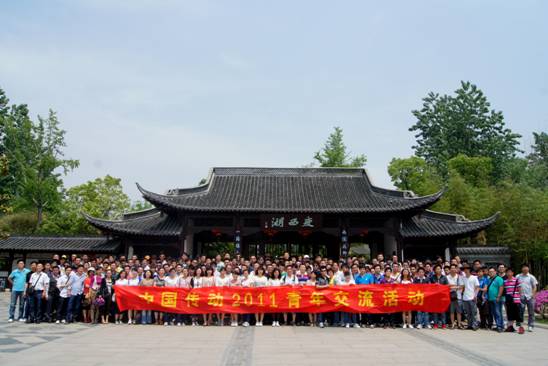

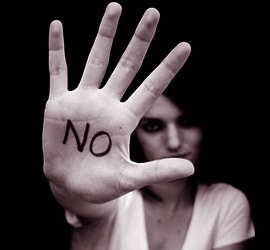
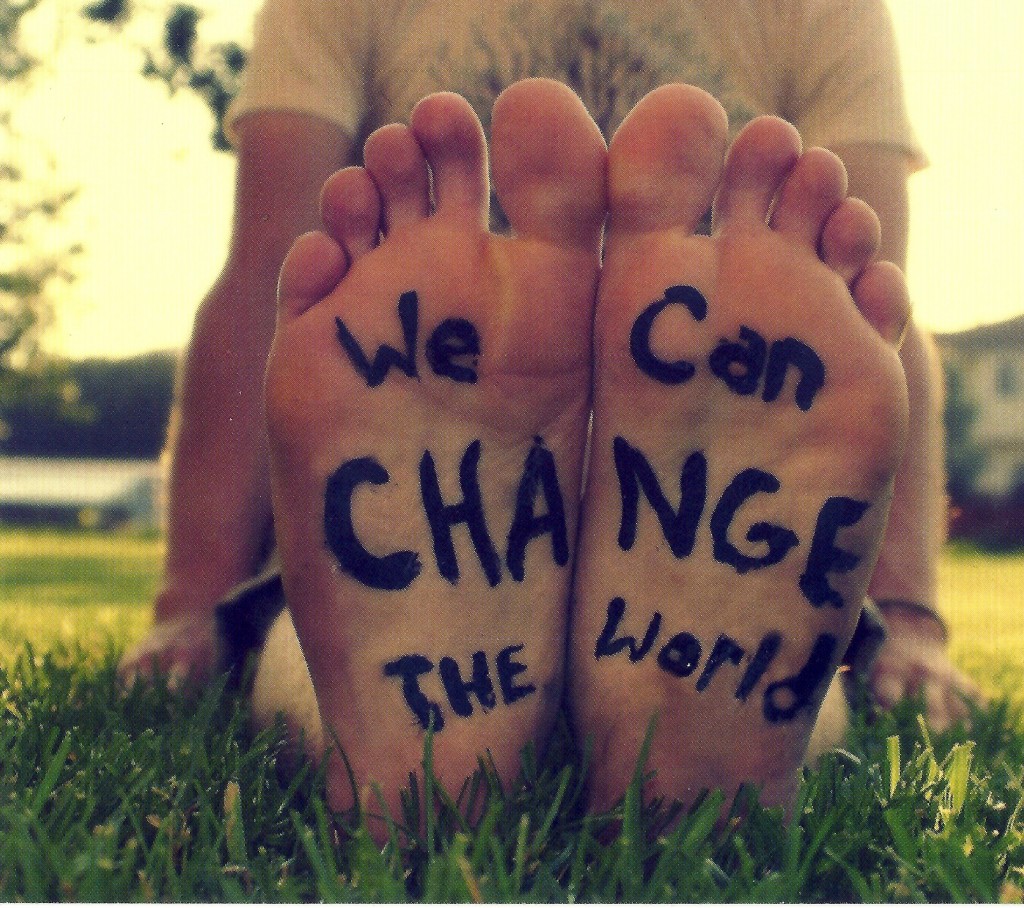
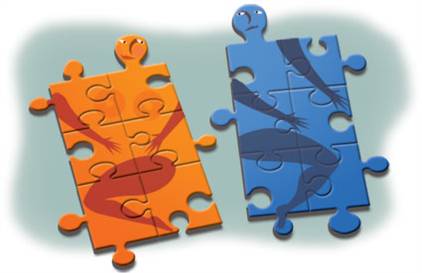



 You’ve chosen an uncertain path.
You’ve chosen an uncertain path.